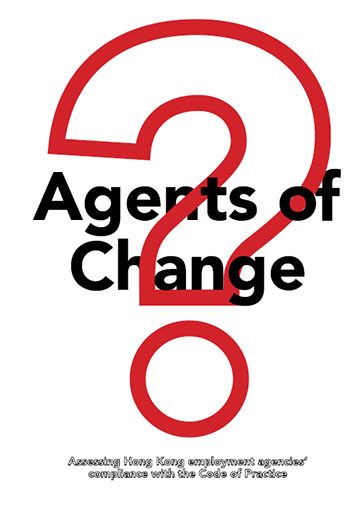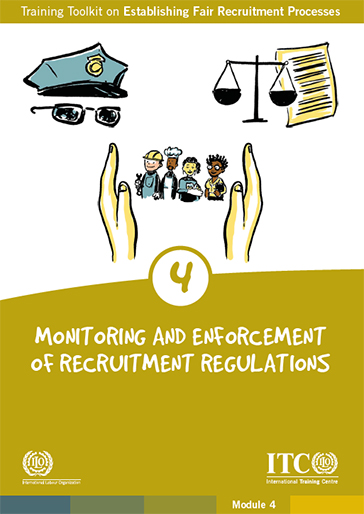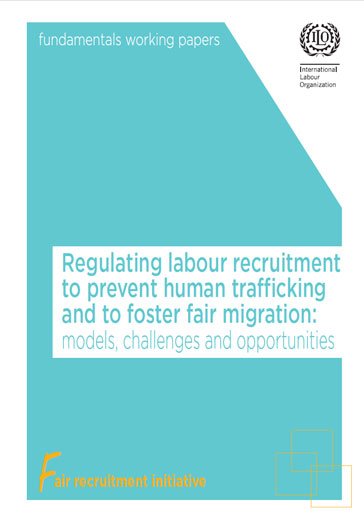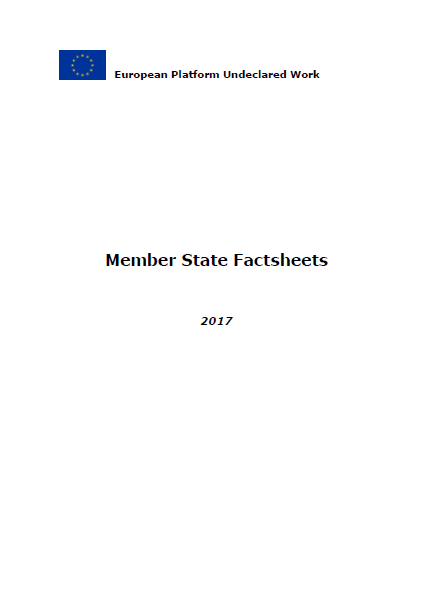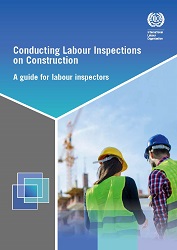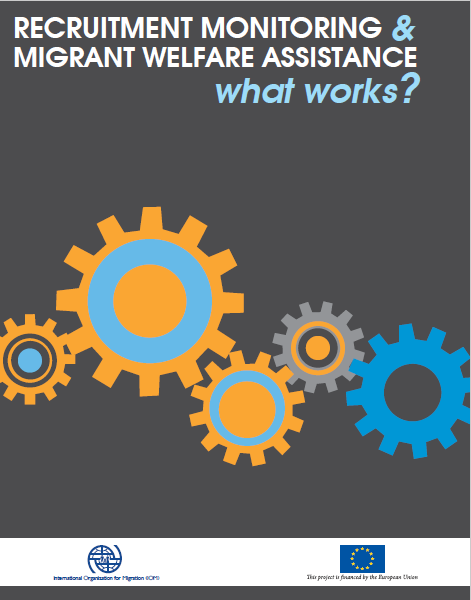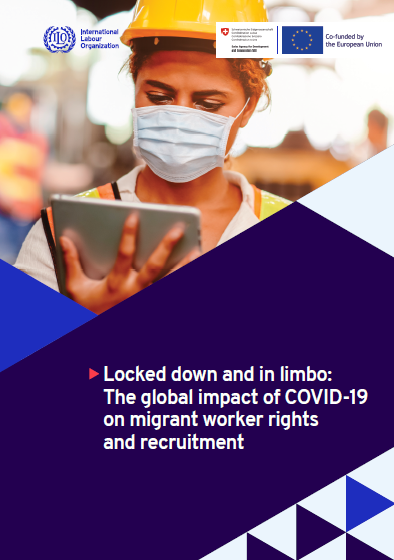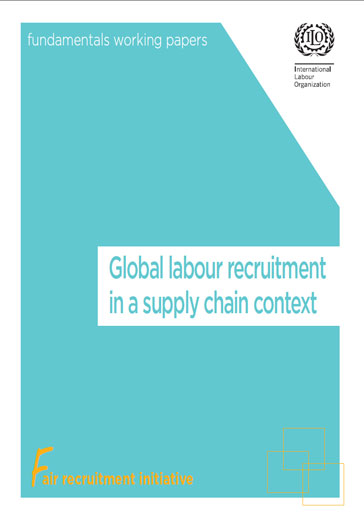Use of digital technology in the recruitment of migrant workers
This research report shows that digital technology can play a significant role in making safe labour migration and fair recruitment a reality. It also gives valuable recommendations for how to make this happen.
Digital technology could be a game changer in migrant worker protection. The number of internet users around the globe continues to climb and the development of information and communications technologies (ICT) has been unprecedented since the onset of COVID-19. This has resulted in new digital products, including those aimed at migrant workers, such as apps, websites and web portals, internet radio, and electronic tickets.
How can digital ICT facilitate safe labour migration and fair recruitment? To answer this question, the ILO partnered with the United Nations University Institute in Macau to better understand why and how migrant workers use digital technology. A mixed-method study was carried out during the second half of 2020. It included a desk review, a survey, focus groups, key informant interviews, and a landscape analysis of relevant existing digital products.
Based on the research, the ILO is currently developing a short summary tool featuring tips and advice on how to design, develop and promote digital products for migrant workers. The ILO is also organizing a workshop for relevant stakeholders to share lessons from the research and discuss their implications. Participants in the workshop will jointly develop a roadmap setting out the next steps in unleashing the potential of digital technology for migrant workers.
The research is part of the Integrated Programme on Fair Recruitment (FAIR, phase II), which falls within the framework of the ILO’s Fair Recruitment Initiative (FRI) .
Type of document :
Country/Region :
Year of publication :
Theme : , , ,
Agents of Change? Assessing Hong Kong employment agencies´ compliance with the Code of Practice
This report, based on a survey of over 450 migrant domestic workers, examines the implementation of the Hong Kong government’s Code of Practice for Employment Agencies (CoP), and its impact on the human and labour rights of domestic workers in the territory.
Type of document :
Country/Region :
Year of publication :
Theme : , , , ,
Global: ITUC Migrant Recruitment Advisor
A new web platform aimed at migrant workers lists user reviews of recruitment agencies. By helping migrants avoid falling for false promises, the website is an important tool to promote fair recruitment.
While millions of workers migrate in search of a better life for themselves and their families, far too many are tricked by false promises made by unscrupulous recruitment agencies, including fake jobs, lower wages and unsafe working conditions. Some end up trapped in forced labour and other forms of modern slavery.
A new web platform has been launched to help protect migrant workers from abusive employment practices by providing them with peer-to-peer reviews about recruitment agencies in their country of origin and destination.
The Recruitment Advisor platform developed by the International Trade Union Confederation (ITUC), with support from the ILO Fair Recruitment initiative , lists thousands of agencies in Nepal, the Philippines and Indonesia.
The platform allows workers to comment on their experiences, rate the recruitment agencies and learn about their rights. Initially available in English, Indonesian, Nepali and Tagalog, it will be further developed in more languages.
Governments provided the list of licensed agencies, and a network of trade unions and civil society organizations in all target countries ensures the sustainability of the platform by reaching out to workers. Ultimately the system will promote recruiters who follow a fair recruitment process, based on the ILO’s General Principles and Operational Guidelines for Fair Recruitment, and will provide useful feedback to governments regarding the practices of licensed recruitment agencies, which could be used to complement more traditional monitoring systems.
Recruitment is a critical stage when migrant workers are more vulnerable to abuse. “Unscrupulous recruitment agencies take advantage of the lack of law enforcement by governments or because workers are simply not aware of their rights,” says ITUC General Secretary, Sharan Burrow. “It’s time to put power back into workers’ hands to rate the recruitment agencies and show whether their promises of jobs and wages are delivered.”
Typically, many workers are not aware that they should not pay recruitment fees to get a job. This principle is key and has been listed as one of the ILO principles to ensure fair recruitment.
“This platform can help migrant workers make critical choices at the time of planning their journey to work in a foreign country. We know that when a worker is recruited fairly, the risk of ending in forced labour is drastically reduced,” says ILO technical specialist Alix Nasri. “We strongly encourage workers to share their experiences so others can learn from them. A critical mass of reviews is needed for the platform to be really helpful for migrants.”
Type of document :
Country/Region :
Year of publication :
Theme : , , , ,
ITC-ILO training: Monitoring and enforcement of recruitment regulations - Establishing Fair Recruitment Processes
By the end of this module, participants will be able to:
- Understand governments’ responsibilities in regards to the monitoring and enforcement of recruitment regulations
- Have an introductory knowledge of the use of monitoring as an enforcement mechanism and its contribution to ensuring the fair recruitment of workers
- Recognize the key challenges associated with complaints mechanisms and access to justice for workers, including migrant workers
- Explore the most commonly used legislative mechanisms for prosecuting recruitment abuses
- Appreciate the particular role of trade unions and non-governmental organizations in promoting and monitoring fair recruitment
- Become familiar with pilot initiatives of workers’ organizations to protect and empower workers during the recruitment and placement process
- Become acquainted with self-regulation mechanisms adopted by private recruitment agencies
Type of document :
Country/Region :
Year of publication :
Theme : ,
Regulating labour recruitment to prevent human trafficking and to foster fair migration: Models, challenges and opportunities
This working paper presents the role of international labour standards in regulating recruitment and provides a preliminary overview of national laws, policies, regulations and enforcement mechanism which aim to prevent fraudulent recruitment practices and protect workers from unscrupulous labour recruiters. It aims to establish a framework and an initial baseline for the implementation of the second strategic pillar of the ILO’s Fair Recruitment Initiative – strengthening laws, policies and enforcement mechanisms to protect workers from abusive and fraudulent recruitment practices.
Overall, the paper addresses three main research questions:
- What are the main international labour standards with regards to labour recruitment and how have the ILO supervisory bodies assessed national regulation and its implementation?
- What are the different models and approaches to regulate labour recruitment? What are the most recent trends in terms of statutory regulation?
- How are private employment agencies monitored and how are statutory regulations enforced? What are the main challenges with regards to enforcement?
The paper also provides recommendations based on emerging national and regional experiences and identifies research gaps which should be tackled in the coming years.
Type of document :
Country/Region :
Year of publication :
Theme : , ,
Undeclared work in European countries
Undeclared work (UDW) is a major issue which affects governments, businesses and workers across Europe.
It can have far-reaching consequences for individuals, firms and societies, including
- breaches of workers’ rights,
- unfair competition,
- reduced tax revenues.
European countries are affected differently by UDW. The Platform has produced factsheets summarising the characteristics of UDW across all 27 EU countries, and the institutions and policy responses currently used to address it. Click on the countries below to see the factsheets, as well as example of practices used to tackle UDW.
Type of document :
Country/Region :
Year of publication :
Theme :
Conducting Labour Inspections on Construction - A guide for labour inspectors
The objective of this guide is to assist labour inspectors fulfil their inspectorial function by providing information, in a user friendly format on, a suggested methodology for conducting inspections of construction activities; from planning to reporting on the inspection, as well as providing technical information which labour inspectors can supply to employers and workers, so as to ensure “Decent Work”.
The construction sector plays an essential role in the socio-economic development of many countries, not least through the number of workers engaged in construction activities. However the employment relationship, the legal link between employers and workers, in construction activities is often unclear and this regularly results with workers not having access to certain rights and benefits, combined with this, workers are often exposed to many hazards. These factors mean that working conditions on many construction sites cannot be considered as “Decent work”, workers do not have a fair, just, safe and healthy working environment.
Inspections conducted by labour inspectors have an important role in ensuring compliance with legislation and thus decent working conditions for workers in all sectors, including construction. The guide details many of the working conditions that labour inspectors will address, namely, the employment relationship, representation rights, salaries and wages, working hours and holidays, employment of young person’s and foreign nationals as well as the hazards that workers can be exposed to. Internationally recognised safety measures are documented that, if followed, will reduce the likelihood of workers suffering from accidents and diseases.
Type of document :
Country/Region :
Year of publication :
Theme : ,
Recruitment Monitoring & Migrant Welfare Assistance: What Works?
As numbers of temporary labour migrants have rapidly increased over the past four decades, facilitating international migration has become a highly profitable and multi-faceted business. Human rights defenders, civil society organisations, journalists and academics have consistently exposed exploitation of migrants which occurs during recruitment processes. Abuses include high recruitment fees that lead to debt bondage, the processing of fake employment and immigration documents, confiscation of identity documents, and emotional and physical violence, or even trafficking for forced labour. On arriving in many destination countries migrants are left unprotected and vulnerable to more exploitation.
This study, conducted by an international research team between January and April 2014, reviews existing recruitment monitoring mechanisms and migrants’ access to rights and welfare assistance across Colombo Process Member States (Afghanistan, Bangladesh, China, India, Indonesia, Nepal, Pakistan, the Philippines, Sri Lanka, Thailand and Viet Nam), and key destination states (Bahrain, Kuwait, Oman, Qatar, Saudi Arabia, UAE and Yemen). With analysis presented thematically, the report concludes with a series of recommendations for Colombo Process governments.
Type of document :
Country/Region : , , , , , , , , , , , , , , , ,
Year of publication :
Theme : , , ,
Locked down and in limbo: The global impact of COVID-19 on migrant worker rights and recruitment
The COVID-19 pandemic has had a devastating impact on migrant workers and their access to decent work. Beyond the immediate public health crisis, response measures including lockdowns and border closures had specific implications for the hiring and employment conditions of migrant workers. These measures have increased the vulnerability of migrant workers at the same time as the economic and social dependence on migrant workers who deliver essential services such as healthcare and sanitation has deepened.
To chart and understand this impact in detail, the ILO commissioned a series of rapid assessments in some of the world’s most significant corridors for low-wage migrant workers. Completed in the initial months of the crisis (early to mid-2020), these assessments gathered primary data in the form of interviews and surveys from the perspective of migrant workers and key stakeholders (including governments, civil society, the recruitment sector, employers’ organizations, unions and workers’ organizations) engaged in migration governance, migrant worker deployment and the protection of the rights of migrant workers.
These rapid assessments provide valuable snapshots of the immediate impact of the pandemic and early responses to the pandemic on migrant workers in various parts of the world. Common themes emerging from the research also illustrate the ways in which the pandemic exacerbated existing inequalities and vulnerabilities experienced by migrant workers globally. These themes demonstrate the clear linkages between the impact of the pandemic on migrant workers and the structural causes of the inequalities and vulnerabilities embedded in many current labour migration processes and practices.
Drawing on the rapid assessments, this report provides a global picture of the impact of the crisis on migrant workers, and provides valuable recommendations for ensuring protection of migrant workers’ rights.
Type of document :
Country/Region : , , , ,
Year of publication :
Theme : , , , ,
Global labour recruitment in a supply chain context
This working paper discusses regulatory models and other measures available to stop abusive recruitment practices. It seeks to explain why the labour recruitment market operates as it does, and to propose responses that combat those market forces which create an environment conducive to abuse and fraud.
The paper suggests an approach that reshapes the market for recruitment services by engaging with employers in destination countries at the top of the labour supply chain, who could play a key role in influencing the recruitment business worldwide.
It presents several case studies through which this approach was tested through regulatory efforts, such as the Philippines, the Netherlands, the United Kingdom, several Canadian provinces; and in three agreements negotiated with employers by United States agricultural workers’ organizations to govern the terms of recruitment for migrant workers further down the chain.
This paper draws on these public and private sectors’ case studies to propose regulatory and market approaches that promote fair recruitment practices.
Type of document :
Country/Region : , , , ,
Year of publication :
Theme : ,
Subscribe to the Fair Recruitment Initiative Newsletter
Sign up to receive news delivered to your inbox.


